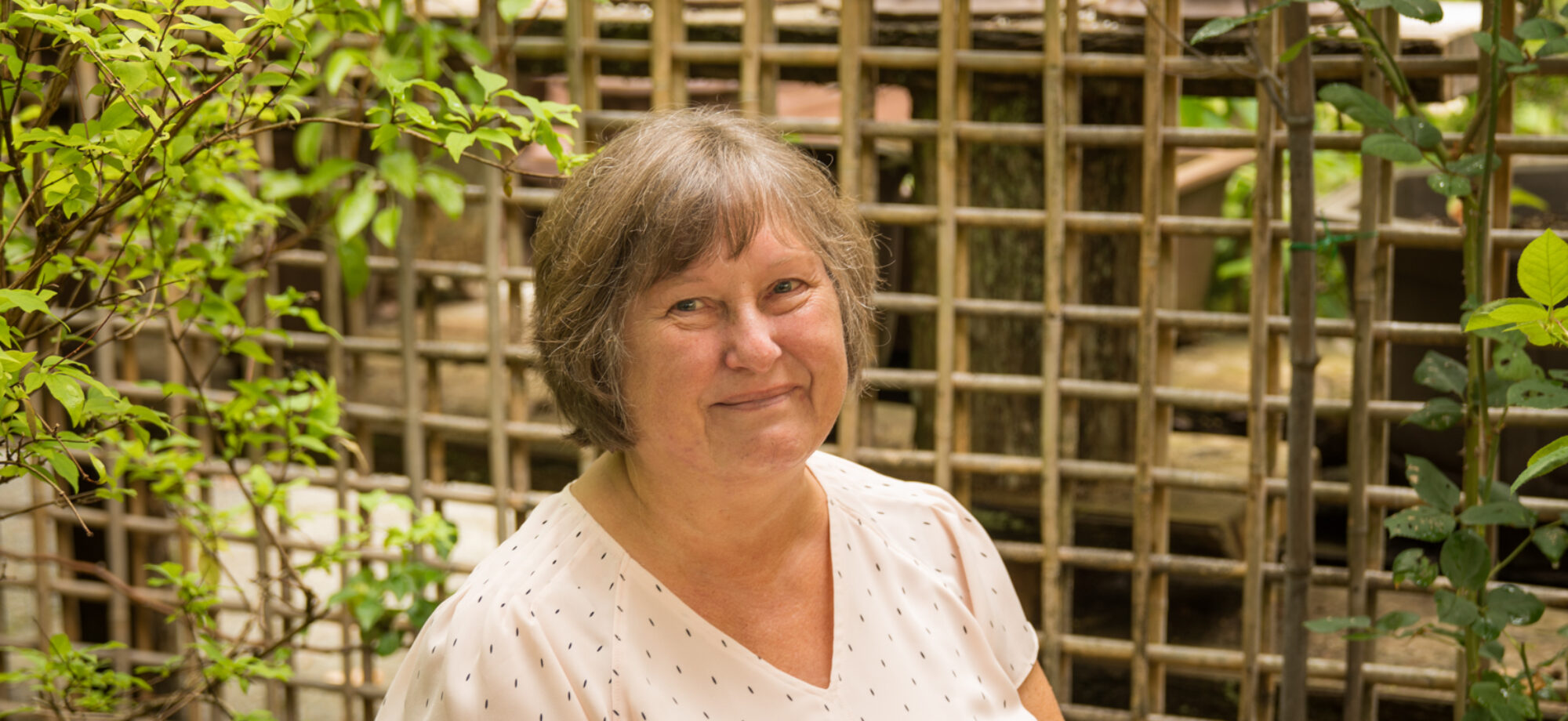Pertinent Themes
 The Paris Betrayal is simultaneously the oldest and the newest story ever told.Still pertinent, it is an allegory based on the oldest book ever recorded–the book of Job in the Bible. Interestingly, Hannibal began writing the book before the COVID-19 world-wide pandemic set in. Yet, he themed the story around biological warfare–an engineered plague designed to wipe out enemy nations–the injectable cure also created by the same evil organization.
The Paris Betrayal is simultaneously the oldest and the newest story ever told.Still pertinent, it is an allegory based on the oldest book ever recorded–the book of Job in the Bible. Interestingly, Hannibal began writing the book before the COVID-19 world-wide pandemic set in. Yet, he themed the story around biological warfare–an engineered plague designed to wipe out enemy nations–the injectable cure also created by the same evil organization.
Action-packed, with gentler moments sprinkled in
I don’t usually choose racy shoot-em-up spy novels, with dead bodies and horror all over the place. This testosterone and adrenaline-packed page-turner is written by a former stealth pilot, who has experienced some of the scenes first-hand. However, as an older woman, providing I didn’t linger on the details of the fights, disease, and death, it was actually a welcome change to read something quite different from my normal fare. There are a few women and threads of touching romance. A memorable quote is from a woman the main character meets on a train, when he is diseased and ugly from all his wounds, feeling sorry for himself because he didn’t purposely betray his leader and didn’t deserve to die this way. She says, “Stop asking what you deserve, Ben. Try asking, ‘What is my purpose?’… I keep busy by asking that purpose each day. For instance, tonight I think my purpose is to sit beside a wronged man on a train.”
Biblical Allegory
It got very interesting when I began to notice the Biblical themes. Having studied the book of Job several times in my life, I recognized the underlying thread. It was gratifying to discover in the Author Note at the end, that I was right about that. In the end of the novel, there seems to be a Jesus allegory as well. Hmm, it would be interesting to check out Hannibal’s comparative Bible study and book club resource on his website at www.jamesrhannibal.com.
















